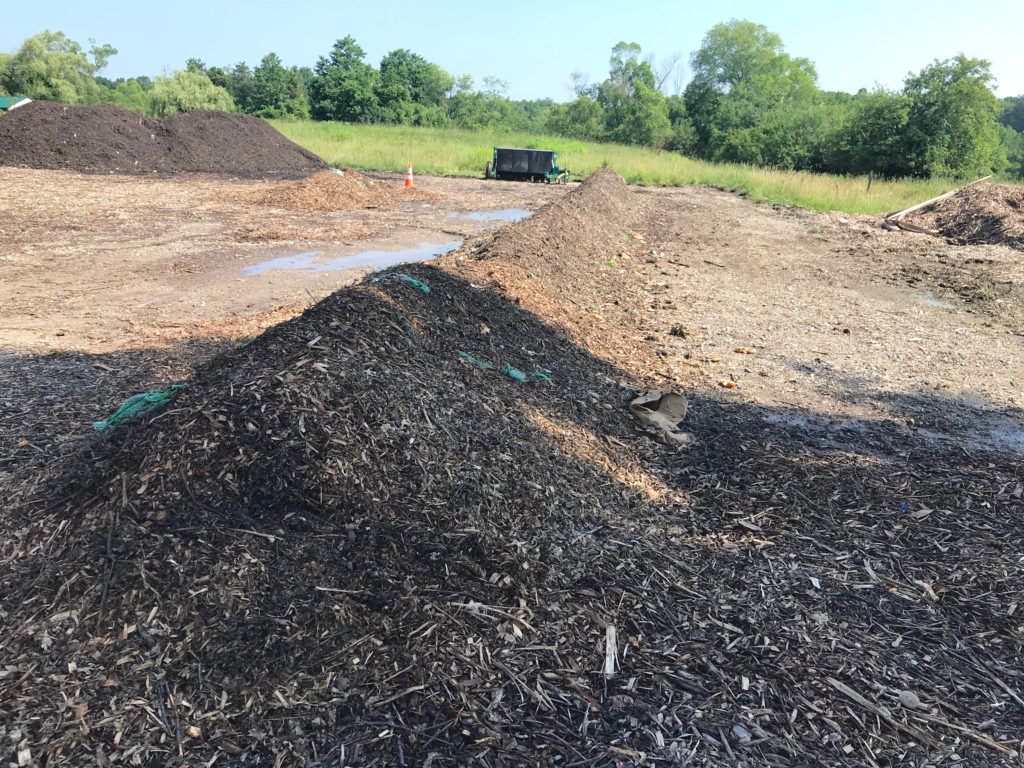Anti-Waste Ltd, a subsidiary of Waste Recycling Group was challenging a decision by the Agency to refuse it a pollution prevention and control (PPC) permit for two landfill sites in Norfolk.
This is a significant, and long awaited decision, for the waste industry. It provides critical clarification of the relevant legislation.
Claire Brook, Walker Morris
The Court of Appeal issued its judgement today, following hearings at the Royal Courts of Justice in November.
It stated that the Agency had been wrong to refuse the permits for the new landfill cells on the grounds that it was to be developed partially overlying a closed cell containing previously deposited waste.
It also decided a PPC permit could be granted even if an old landfill underneath was leaking leachate into groundwater.
Represented by law firm Walker Morris, Anti-Waste had been successful at the High Court in establishing that a landfill boundary could be defined in a three dimensional manner for cells “piggybacking” on existing facilities.
The Court of Appeal today upheld the High Court ruling on this “installation” issue.
But, it also overturned a High Court ruling that had been in the Agency's favour, that a PPC permit could not be granted if it included existing landfilled cells where relevant discharges into groundwater were already occurring, unless these could be prevented.
The Court of Appeal said it was not necessary, as a matter of law, to prevent any existing discharges from former landfilled cells in order to include such cells within the PPC permit.
“Critical clarification”
Claire Brook, partner and head of the environment group at Walker Morris, who led the legal team for Anti-Waste said: “This is a significant, and long awaited decision, for the waste industry. It provides critical clarification of the relevant legislation and should mean that many decisions which have been held up can now be progressed.
“I believe the courts have taken a sensible and purposive approach in their interpretation of the legislation so as to avoid the unnecessary sterilisation of significant landfill reserves whilst still ensuring that, to the extent possible, the highest standards of landfill design and operation are adhered to going forward,” Ms Brook added.
The case involved the relatively new requirements under the Pollution Prevention and Control Regulations 2000 (PPC regulations) and the Landfill Regulations 2002 that all landfill operators were required to apply to the Environment Agency for PPC permits in order to continue landfilling operations at existing sites.
The need for an integrated approach to pollution control does not require an applicant to include within his area of application any closed cell on which the new activity might have an impact.
Lord Justice Pill
Both parties had appealed the High Court decision – the Agency appealed the ruling that PPC permits could be given to piggyback landfill cells, Anti-Waste had appealed the ruling that a PPC permit should be refused where the existing landfill was leaking, and would continue to leak pollution into the groundwater.
Judgements
Concerning the “installation” issue – whether a PPC permit can be given for a landfill cell piggybacking on an old landfill, Lord Justice Pill ruled: “The technical and environmental considerations which arise from the presence close to the area subject to the application of the closed unit do not bear upon the definition of technical unit.
“Application is made for a permit for an installation, which involves identifying a stationary technical unit. That can be done by identifying a space in which the scheduled activity can be carried out independently as a functionally self-contained operation. It does not fail to meet that requirement because of the likely impact on other areas, including closed cells. That impact is very relevant to whether a permit should be granted but there is no requirement to demonstrate an absence of such impact before an application for a permit can be considered.”
“I reject the submission first made that the Agency can impose a threshold requirement that an application for a permit cannot be considered unless it is first established that there will not be such impact. Further, the need for an integrated approach to pollution control does not require an applicant to include within his area of application any closed cell on which the new activity might have an impact. That impact, if any, can be considered during the application procedure and does not place a bar upon an application,” the Appeal judge said.
Concerning the “groundwater issue”, the Court of Appeals decided that a newly proposed landfill cell could be considered separate to the existing landfill facility beneath.
As a result, Lord Justice Pill concluded: “A permit which does not require the ending and preventing of an old discharge does not 'permit' that discharge within the meaning of Regulation 4 of the Groundwater Regulations. The Regulations contemplate a discharge, direct or indirect, which results from the activity to be authorised and its consequences but not a discharge extraneous in the sense that it is unrelated to the new activity.”
Future decisions
With the Environment Agency refusing many PPC applications based on its interpretation of the legislation, today's ruling potentially opens the door to many applications currently going through both the application process and the appeals system.
Walker Morris said the case provided clarification on the correct interpretation of the relevant legislation, the cornerstone of waste legislation in the UK. The law firm said the interpretation by the courts will now affect the way in which the Environment Agency makes its decisions in the future.









Subscribe for free